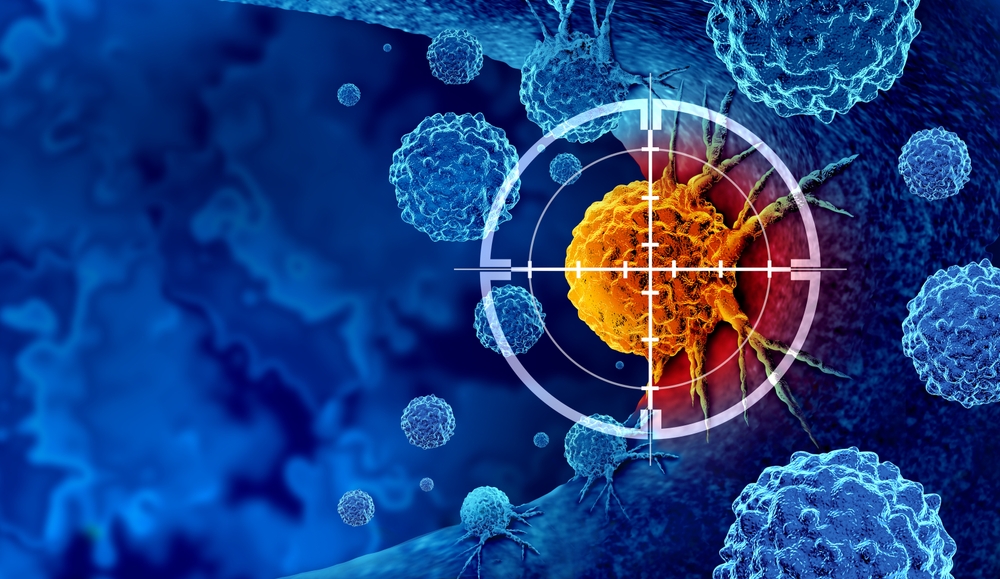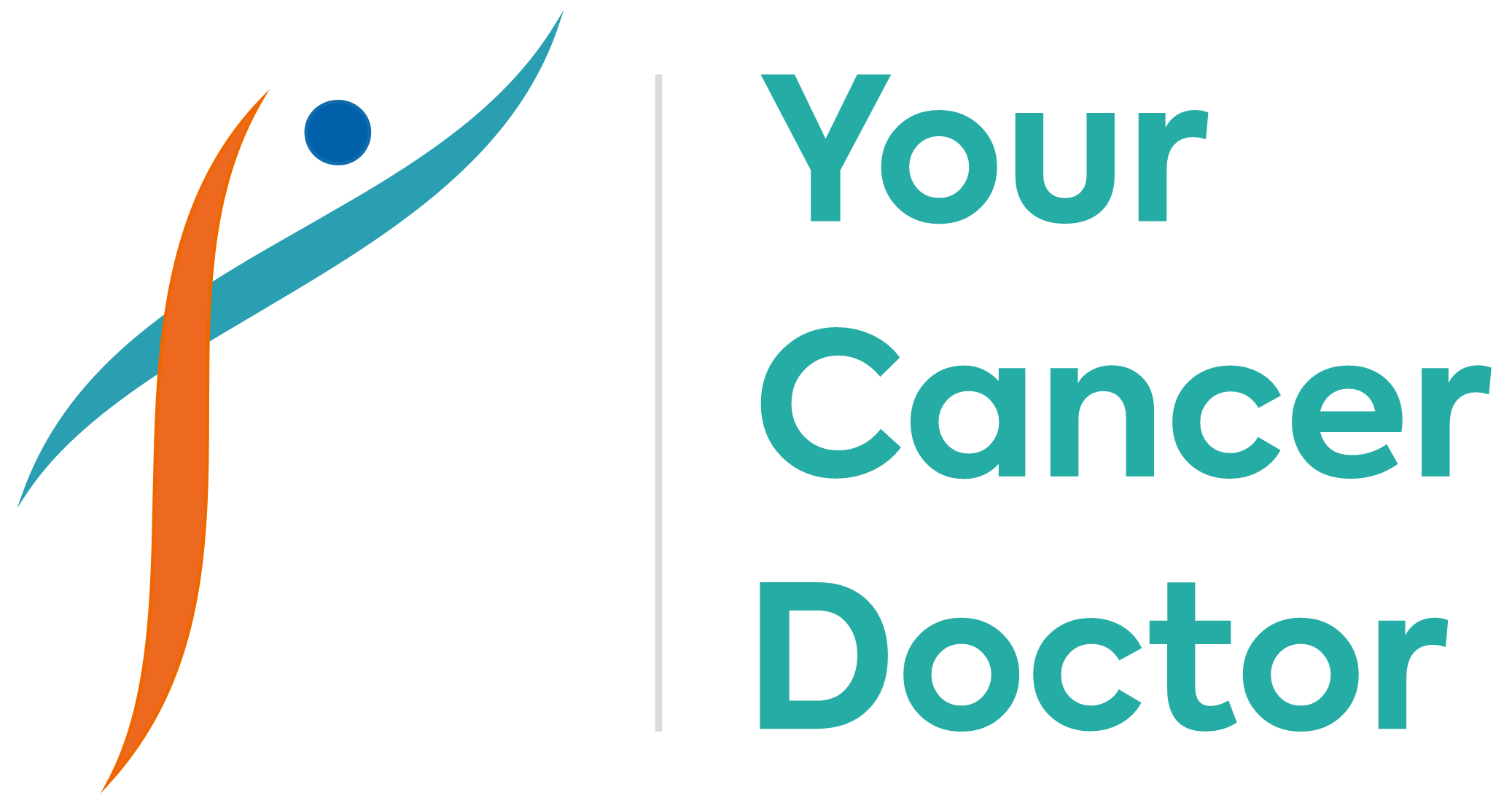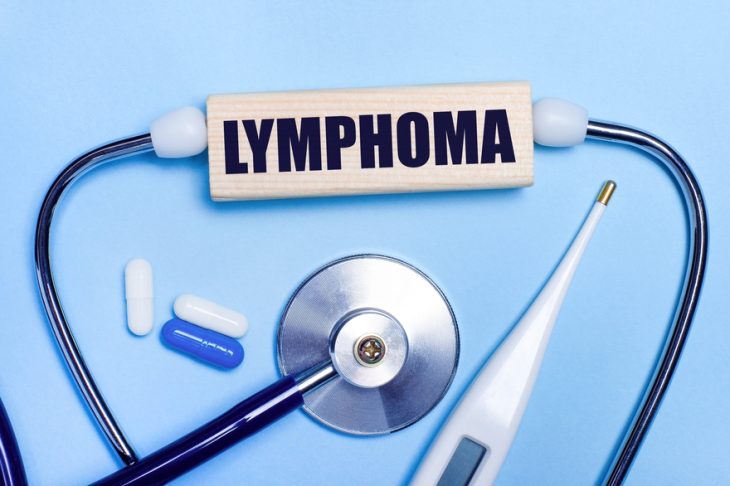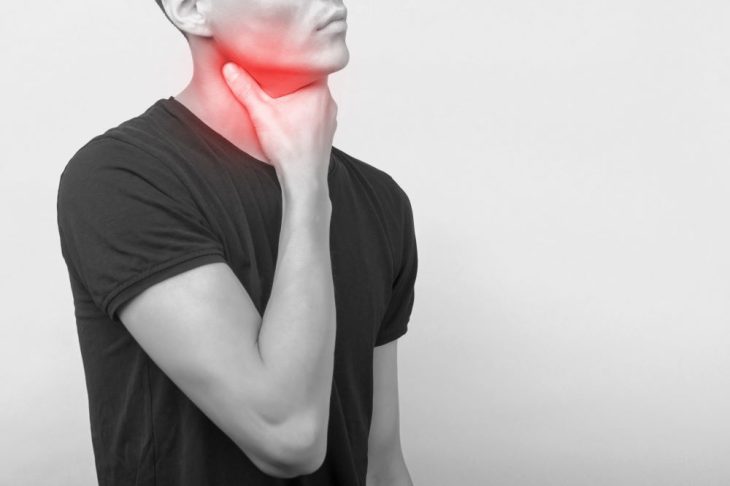
10 Ways to Lower Your Risk of Cancer and Safeguard Your Health
Many people are eager to learn how to prevent cancer. While it remains one of the leading causes of death worldwide, people can follow preventive measures for cancer, such as making lifestyle changes and ensuring they undergo regular cancer screening tests. These are some cancer prevention tips:
1. Maintain a Healthy Weight
Unknown to many, being overweight or obese increases the risk of 13 different cancers, including cancers of the colon, kidney, pancreas, oesophagus, endometrial, liver, and breast (after menopause). Just because someone is obese doesn’t necessarily mean they will develop cancer. However, being obese does increase the risk of developing cancer compared to maintaining a healthy weight. Keeping your weight in check through a balanced diet and regular physical activity is crucial in cancer prevention.
2. Eat a Plant-Based Diet
Eating a well-balanced diet can lessen your chances of developing cancer. Even though genetics can play a role, research suggests that good nutrition alone could prevent almost a quarter of all cancer cases. Plus, a healthy diet might also help people with cancer deal with the side effects of their treatment. Incorporate more fruits, vegetables, and whole grains into your meals. These foods are rich in nutrients and antioxidants that protect cells from damage. The fibre in plant-based foods also helps reduce the risk of colorectal cancer.
3. Exercise Regularly
Regular exercise plays a vital role in reducing the risk of cancer by helping to maintain a healthy weight, improving immune function, and reducing inflammation. Physical activity not only helps control weight but also has been shown to lower the risk of breast, colon, kidney, and lung cancer. Aim for at least 150 minutes of moderate-intensity or 75 minutes of high-intensity exercise each week.
4. Avoid Tobacco
The use of tobacco can lead to cancer in any part of your body. Tobacco use is the single largest preventable cause of cancer worldwide. Tobacco contains many harmful chemicals, and at least 69 of these chemicals have been connected to cancer. It’s linked to various types, including lung, mouth, throat, pancreas, and bladder cancer. Avoiding tobacco—or deciding to quit if you use it—is an important part of cancer prevention.
5. Limit Alcohol Consumption
Alcohol has been linked to eight different types of cancer. Alcohol consumption can increase your risk of several cancers, including mouth, throat, liver, breast, and colorectal. All alcoholic drinks like beer, red and white wine, and liquor are associated with cancer. It’s better to drink less alcohol than to drink more. If you choose to drink, limit yourself to no more than one drink per day if you’re a woman and two if you’re a man.
6. Protect Yourself from the Sun
Skin cancer is the most common cancer globally, but it’s also one of the most preventable. Almost 95% of skin cancers are caused by exposure to UV radiation from the sun. When the sun is strong, avoid the midday sun, stay in the shade, wear protective clothing and use sunscreen of SPF 30 or higher.
7. Get Regular Medical Care
Regular cancer screenings can detect cancers of the breast, colon, and cervix at early stages when they are most treatable. Discuss with your doctor which screening tests are appropriate for you based on age, sex, and medical history. The screenings that are commonly conducted include mammograms for breast cancer, Pap smears for cervical cancer, and colonoscopies for colon cancer.
8. Get Vaccinated
Protect against cancer-causing infections like human papillomavirus (HPV) and hepatitis B. The HPV vaccine is recommended for preteens but can be given up to age 26. The hepatitis B vaccine is recommended for certain high-risk adults, especially for healthcare providers.
9. Avoid Risky Behaviors
Practice safe sex and avoid sharing needles to protect against infections that can increase cancer risk. Human papillomavirus (HPV) infection, Human immunodeficiency virus (HIV) and hepatitis virus can both increase the risk of several types of cancer.
10. Know Your Family History
Some cancers run in families. Knowing your family medical history can help you determine if you might benefit from genetic counselling or earlier screening. New research suggests that the majority of cancers are caused by environmental factors, not genetic factors. The cancers with the highest genetic contribution include breast, stomach, and prostate cancers.
Making a Difference
In order to prevent cancer, it’s essential to adopt a comprehensive approach that involves making changes to your lifestyle and seeking medical care when necessary. By following these ten effective strategies on a daily basis, you can significantly reduce your chances of developing cancer, which can lead to a longer and healthier life.
Preventing cancer is not just about evading the disease; it’s about establishing a strong foundation for a vibrant and robust future. Regular medical check-ups, maintaining a well-balanced diet, engaging in regular physical activity, and staying informed about cancer prevention are your most valuable tools in the battle against cancer. Every small step you take in pursuit of these goals is a step towards better health and overall well-being.


